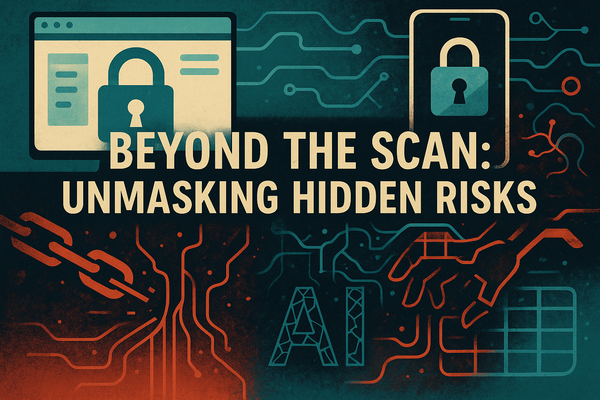Building Your Cybersecurity Tool Kit: Essential Tools for Every Security Professional

Summary: A look at the key tools that every cybersecurity professional should be familiar with, including network scanners, encryption tools, penetration testing software, and more.
In the field of cybersecurity, the right tools are not just a luxury - they are a necessity. Having a well-equipped cybersecurity toolkit is crucial for every cybersecurity professional. It improves your efficiency and enables you to identify and mitigate threats effectively. This article delves into the essential tools that should be a part of every cybersecurity professional's arsenal.
1. Network Scanners
Network scanners, such as Nmap or Wireshark, are essential for analyzing what's happening in your network. These tools can map out network devices, open ports, and vulnerabilities, providing a detailed picture of your network environment. They are vital in maintaining network health and responding to potential threats.
2. Encryption Tools
Encryption tools are critical to ensuring data privacy and security in an era where data breaches are rampant. Tools such as VeraCrypt or GNU Privacy Guard can help you encrypt data and communication, making it unreadable to anyone without the appropriate decryption key.
3. Penetration Testing Software
Penetration testing tools such as Metasploit or Burp Suite are crucial for proactive cybersecurity. These tools allow you to simulate cyberattacks on your systems to identify vulnerabilities before attackers can exploit them.
4. Antivirus and Antimalware Software
While they may seem basic, antivirus and antimalware tools are still a key part of any cybersecurity toolkit. These tools, such as BitDefender or Malwarebytes, continuously scan for and protect against known malicious software.
5. Firewall Management Software
Firewall management tools help you control the traffic entering and leaving your network. This can be especially crucial in blocking potential threats or mitigating ongoing attacks. Tools like SolarWinds Firewall Security Manager can help you optimize, monitor, and manage your firewalls.
6. Intrusion Detection Systems (IDS) and Intrusion Prevention Systems (IPS)
IDS/IPS tools, like Snort or Suricata, are essential for detecting and preventing unauthorized access to your systems. They monitor network traffic for suspicious activity and send alerts or take pre-defined actions in response to detected threats.
7. Security Information and Event Management (SIEM) Software
SIEM software, such as Splunk or LogRhythm, collects and aggregates log data generated throughout your organization’s technology infrastructure. It allows for real-time analysis and aids in detecting, preventing, and mitigating security threats.
8. Vulnerability Assessment Tools
Tools like Nessus or OpenVAS help you scan your systems for known vulnerabilities that attackers can exploit. Regularly using these tools to conduct vulnerability assessments is fundamental to maintaining system security.
9. Password and Credential Management Tools
Tools like LastPass or KeePass help manage and secure passwords and credentials. They aid in maintaining robust, unique passwords for different systems and applications, which is a crucial aspect of security hygiene.
10. Incident Response Tools
Incident response tools like TheHive or IBM Resilient help coordinate and streamline responses to security incidents. They provide communication, documentation, and process automation platforms, which can be invaluable during a security incident.
Deeper dive into a hacker's toolkit:

In conclusion, building a comprehensive cybersecurity toolkit is a continuous and evolving task. The tools you need to protect your systems will change as technology and threats change. However, starting with these essential tools can create a strong foundation for your cybersecurity efforts.






